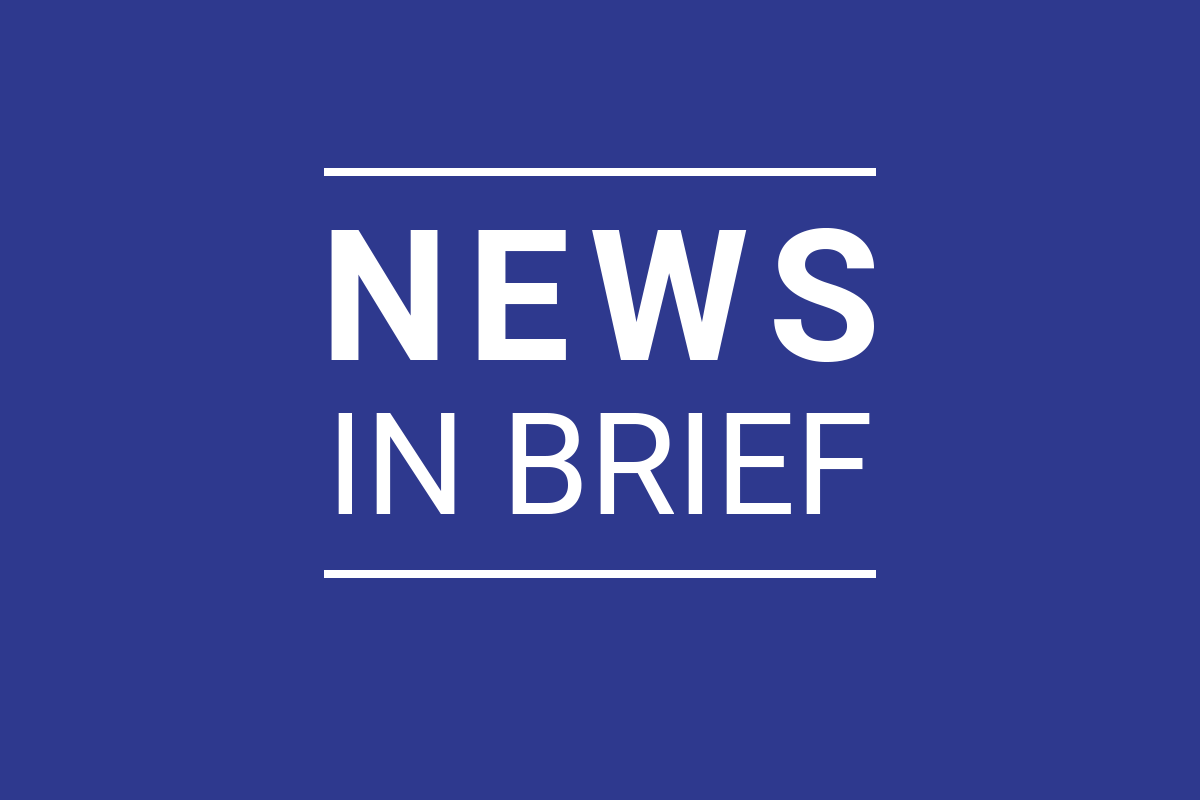
Virtual Fall 2021 Group Meeting: Tips and Highlights
October 19, 2021
News in Brief, November 2021
November 16, 2021From the Co-Chairs, October 2021


By Peter J. O’Dwyer, MD (left)
and Mitchell D. Schnall, MD, PhD
Our focus this month is on the Fall Meeting of ECOG-ACRIN: perhaps the last one to be held virtually in its entirety, though the legacy of the pandemic will surely be the greater participation that can be afforded by technology. We celebrate this democratization of participation, even as we recognize all the more the advantages of in-person, unscripted interactions that energize the research conducted in the Group. These are not mutually exclusive, and we will go forward hoping to find the advantages of both in the more expansive program of meetings to which we are accustomed. Since some meeting is better than no meeting, we are enthusiastic to get started on what is projected as a broad and informative set of agendas beginning this week. We welcome the participation of all, and as always, will benefit from your feedback, positive or negative.
We include in this issue an appreciation of two major leaders in oncology who have been lost in the past month. Dr. John Kirkwood remembers “Mac” Cheever, one of the most impactful tumor immunologists who toiled in the many years in which this may have been the least fashionable area of cancer research. Through his efforts, among others, the potential of this research has been realized in the enormous benefits to patients from immunological therapies. Dr. Howard Hochster has penned a fond reminiscence of the leadership of Franco Muggia, who was so influential in developing the structures that enable clinical cancer research from his days at the NCI, to his contributions as Cancer Center Director across a number of institutions. At the other end of the research trajectory, we welcome the 2021 Young Investigator Symposium presenters to the Group. The work of these eight individuals will help lead another generation in the future.
Finally, Dr. Elyse Park will draw your attention to smoking cessation in patients with cancer. No, it is not too late to quit when a cancer diagnosis is made – now especially, in an era when the majority of patients will experience extended survival “living with cancer,” the opportunity for better health must be grasped. Dr. Park’s study of cessation is a practical exploration of what works, especially in the community setting, and will serve as a guide for data-informed approaches to population health.
Read the October 2021 issue here.
![ECOG-ACRIN logo[19516]275×75](https://blog-ecog-acrin.org/wp-content/uploads/2021/03/ECOG-ACRIN-logo19516275x75.png)
